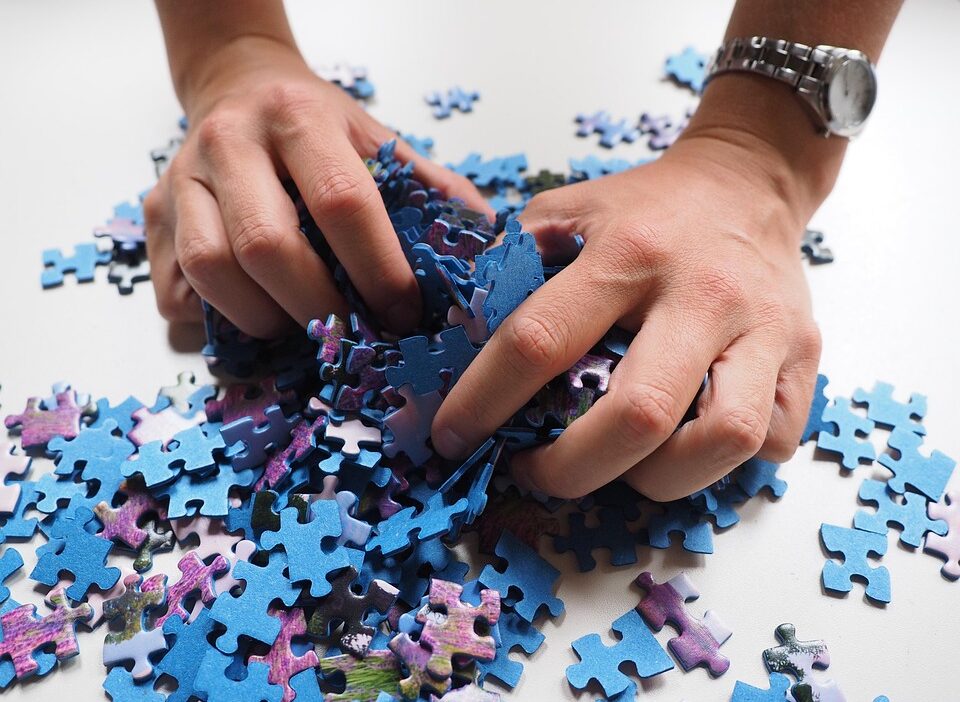In today’s fast-paced world, the ability to navigate complex problems is more valuable than ever. As technology continues to evolve and reshape our lives, the role of effective problem-solving becomes critical across various fields, from business to education. One enjoyable yet often overlooked avenue for enhancing these skills is through puzzle games. Whether they’re traditional jigsaw puzzles, crossword puzzles, or modern digital games, puzzles stimulate cognitive functions in unique ways. This article explores how engaging in puzzle games can significantly enhance problem-solving skills.
The Cognitive Benefits of Puzzle Games
1. Critical Thinking and Logic
Puzzle games often require players to evaluate different scenarios and outcomes. This analytical approach is fundamental to enhancing critical thinking skills. For example, logic puzzles demand that players piece together clues to arrive at a solution. As players engage with these games, they become accustomed to breaking down complex problems into manageable parts, a skill that is transferable to real-life situations.
2. Improved Memory and Focus
Memory plays a crucial role in problem-solving. Many puzzles require the retention of information, strategies, and patterns. Games like Sudoku or memory cards challenge players to remember sequences and rules. This type of cognitive engagement strengthens both short-term and long-term memory, enabling players to recall essential information under stress or time constraints.
3. Creativity and Flexibility
Puzzle-solving is not just a linear process; it often involves thinking outside the box. Games that present unconventional challenges encourage players to explore multiple solutions, fostering creativity. For instance, escape room games compel participants to think innovatively to connect seemingly unrelated puzzles, promoting mental flexibility and adaptability.
Social Interaction and Cooperation
While many puzzle games can be played solo, numerous formats encourage collaboration. Multiplayer puzzles, team-based escape rooms, or even online puzzle challenges enhance problem-solving through social interaction. Players must communicate effectively, share ideas, and work together to achieve a common goal. This collaborative environment enhances interpersonal skills, making it easier to navigate complex problems in professional settings or community projects.
Stress Relief and Resilience
Engaging in puzzle games can also serve as a stress reliever. The immersive nature of puzzles allows players to escape from daily pressures, leading to better emotional regulation. Additionally, overcoming challenging puzzles fosters resilience. Players learn to persevere through frustration and setbacks, building a healthy attitude toward overcoming obstacles in real life.
Encouraging a Growth Mindset
Puzzle games can instill a growth mindset, where individuals view challenges as opportunities for learning and development. As players encounter difficult puzzles, they learn to embrace failure as a part of the learning process. This perspective not only enhances problem-solving skills but also fosters a lifelong love for learning.
Practical Applications of Problem-Solving Skills
The skills honed through puzzle games have practical applications across various domains:
-
In the Workplace: Employers increasingly value candidates with strong problem-solving abilities. Engaging in puzzle games can sharpen skills relevant to strategic planning, project management, and innovation.
-
In Education: Educators can leverage puzzles to teach complex concepts, encouraging students to apply critical thinking and analytical skills in a fun and interactive way.
- In Personal Life: Everyday decisions often require problem-solving skills, from planning a vacation to managing household finances. The skills developed through puzzles can enhance personal decision-making and planning.
Conclusion
Puzzle games offer an enjoyable and effective way to enhance problem-solving skills. Whether through critical thinking and logic, memory improvement, creativity, social interaction, or even emotional resilience, these games provide myriad benefits that extend beyond mere entertainment. As we navigate an increasingly complex world, adopting puzzle games as a regular part of our routines can be an invaluable strategy for sharpening our cognitive skills and preparing us for the myriad challenges that lie ahead. So, the next time you find yourself pondering a puzzle, remember: you’re not just playing; you’re honing your mind for the puzzles of life.



